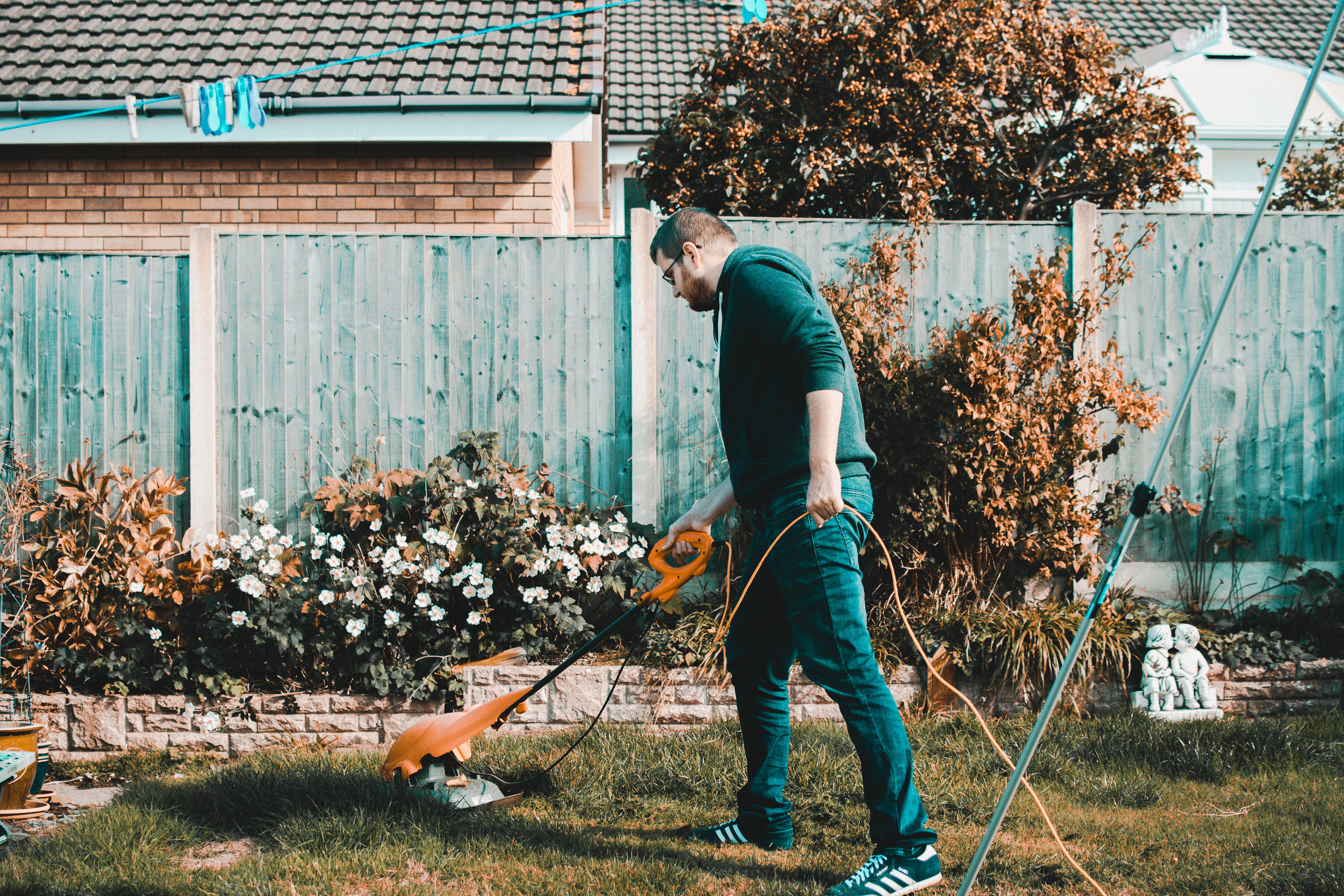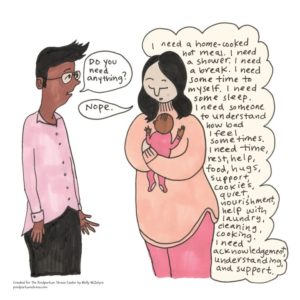
Meet JOE:
Joe has been dealing with feelings of depression for the past 6 months following a painful separation and subsequent divorce. His depressed mood has led him to experience frequent bouts of sadness, insomnia, weight gain, fatigue, and loss of interest in things he usually enjoyed. Over the past couple of months, his sad mood has taken a toll on his personal physical health, but also on the state of his home. Joe has found it hard to continue the upkeep of his home, especially his yard, which before had been a source of pride. Joe just does not have the desire, nor energy to mow the lawn and weed the garden. Yesterday, Joe received a letter from his homeowner’s association with a first warning to bring his yard to proper form. Joe feels badly, but he also feels overwhelmed by the amount of work he has in his neglected yard. These thoughts and feelings further feed into his depressed mood. When Joe simply does not feel like doing the work, what should he do?
If you have ever felt or behaved this way, you are not alone. At one point or another we all have decided to forgo something that we usually find pleasurable because we’re just “not in the mood.” Sometimes our negative mood keeps us from enjoying time with our family, stealing from us abilities to make great memories with friends, and even keeping us from meeting our commitments and daily responsibilities. Our thoughts and behaviors affect our emotions, but often, our emotions dictate our behaviors.
Back to Joe: His depression keeps creating situations that further feed his depression. It’s a cycle that will continue unless he makes an important decision.
The next day, Joe wakes up once again feeling sad, overwhelmed, and embarrassed he let something he used to take pride in get in such disarray. He feels tired from not sleeping well and he knows that if he lets himself, he will have another unproductive day. Joe makes a decision. Even if he does not feel like it, he will weed the garden. It’s as good a place to start as any. It takes him most of the day, but Joe notices as he gazes at his weed free flower beds, that he feels good about himself, like he did something momentous. It’s the first time he’s felt anything positive in weeks. He also noticed that while busy he did not spend much time playing negative thoughts in his mind.
Joe has taken the first step. He made a mood independent choice. Not really feeling motivated to do it, he sets out to do it anyway. At the end of the day he’s surprised AND glad he made himself weed the garden and decides to mow the lawn the next day. As you can well imagine, Joe is slowly starting to realize that he does not have to be a prisoner, or puppet, of his own negative moods. As he activates into doing some of the things he used to enjoy, he is breaking the cycle and inserting a different outcome.
Joe gazes at his mowed law and clean flowerbeds. He’s tired, but satisfied in what he was able to accomplish. Having had to do so much work because he had let things go this far also made him think that maybe his depression is more serious than he wanted to believe. Joe decides to call his employee assistance program at work to find out what he can do to get out of this “funk.”
Maybe like Joe, you’ve had a rough season in y0ur life, and you’ve slowly watched the things you care about get neglected. Are you tired of letting your depressed or anxious mood plan the day for you or determine which important parts of your life you leave by the wayside? If your answer is: “Not anymore,” then it’s time for you to engage in some mood independent activities, and in doing so, bring y0ur self one step closer to your true self. If you feel your anxiety and/or depression is stealing the essence of who you are, and you are not sure how to take that next step to wellbeing, call a professional mental health therapist and get the guidance and treatment you need.
For your wellbeing,
Sarah




